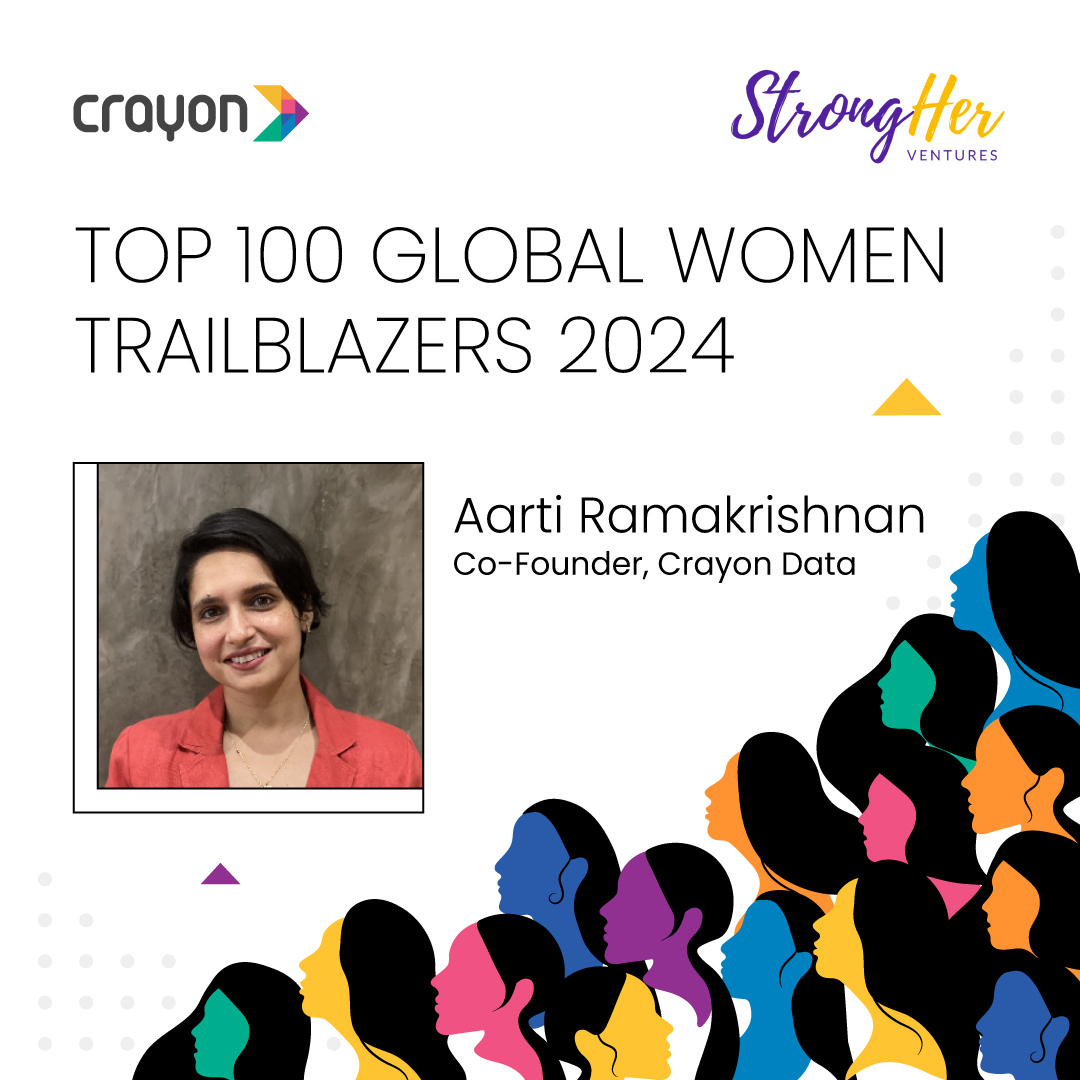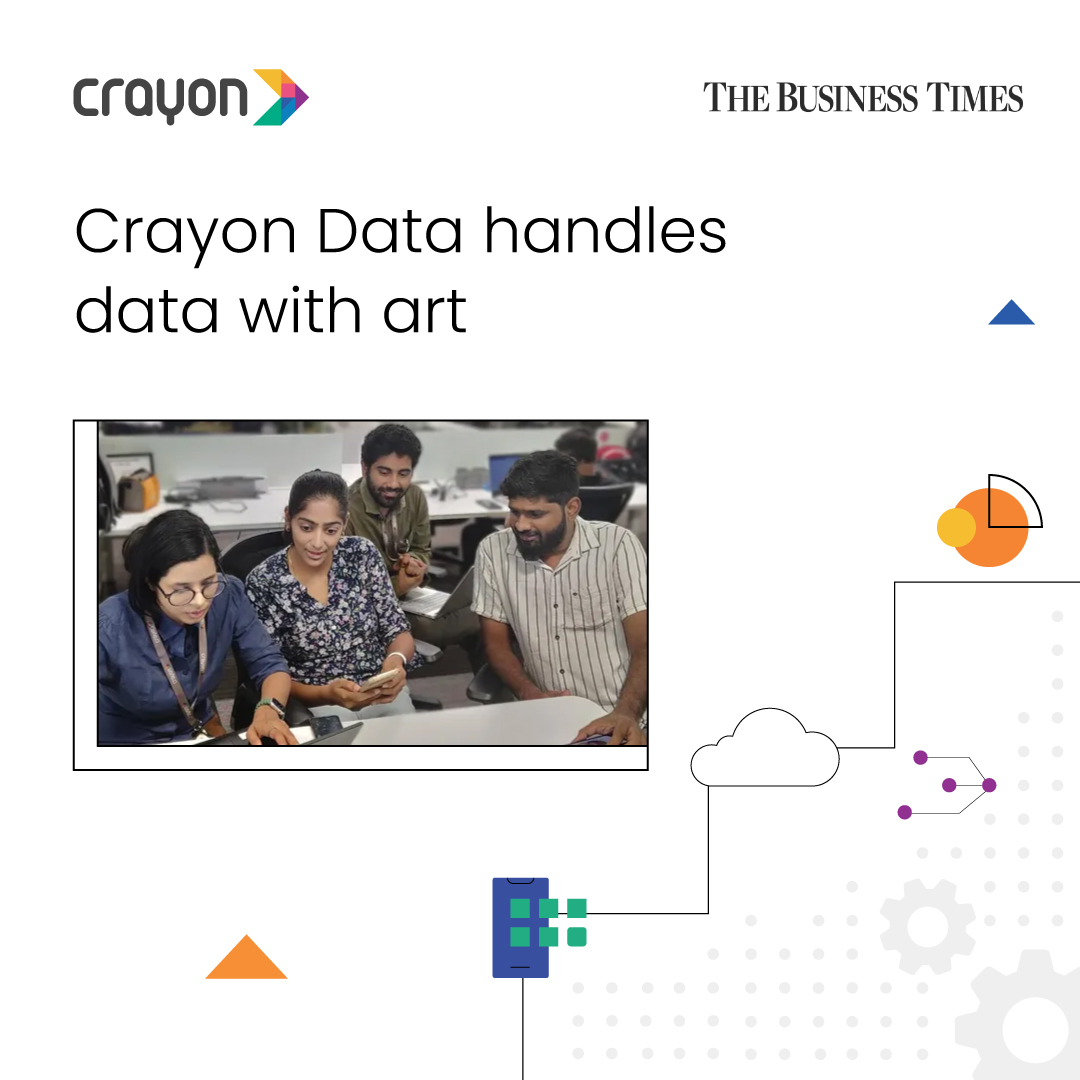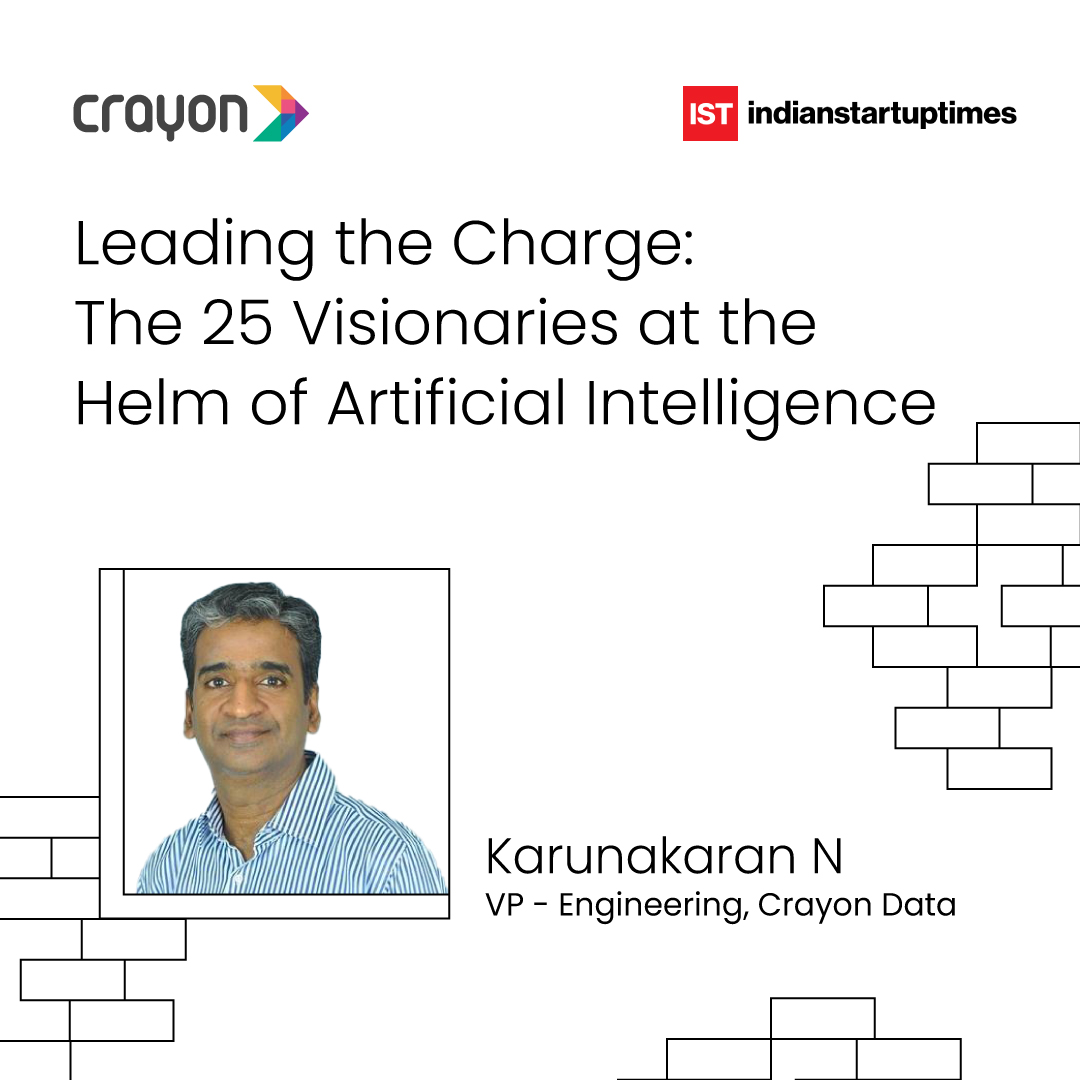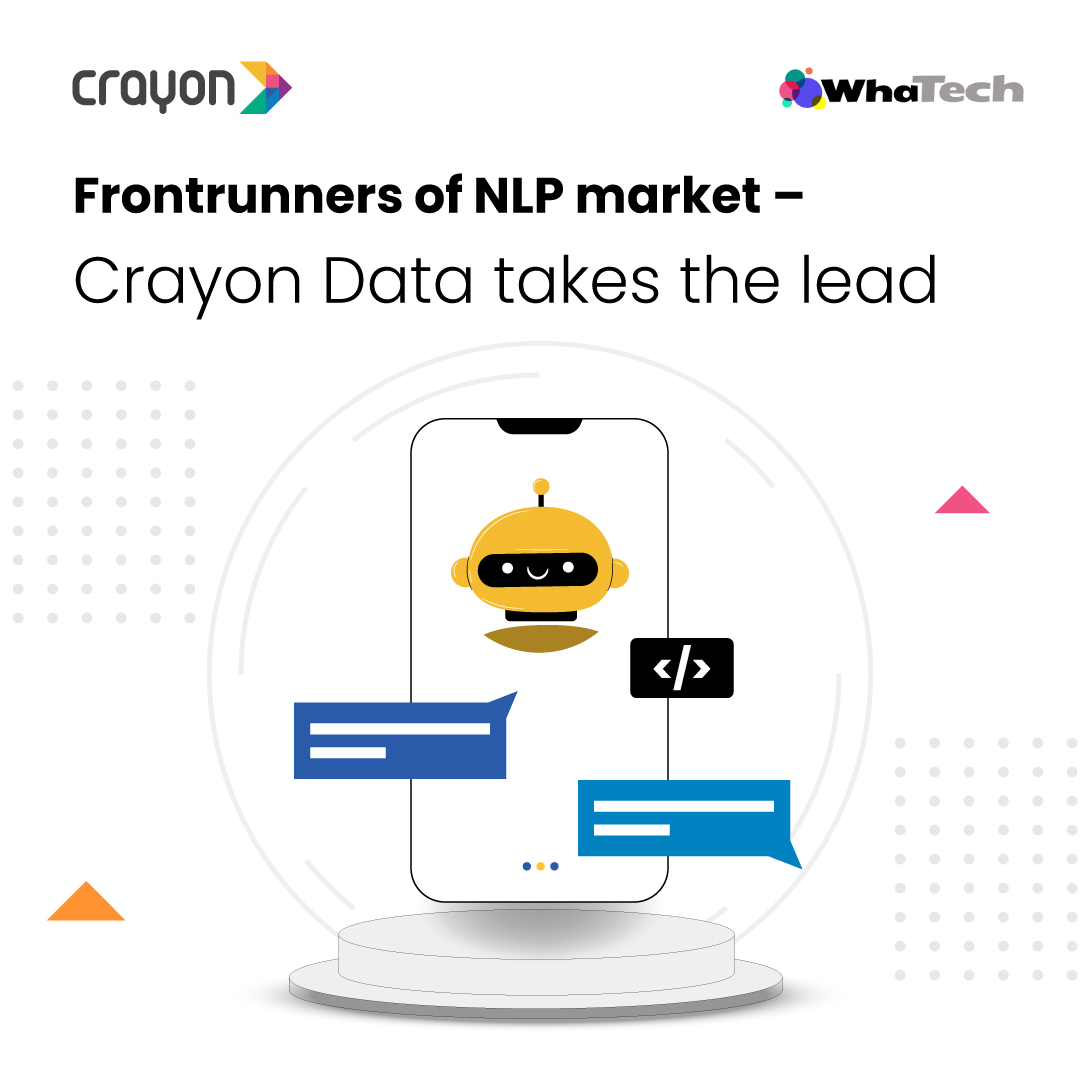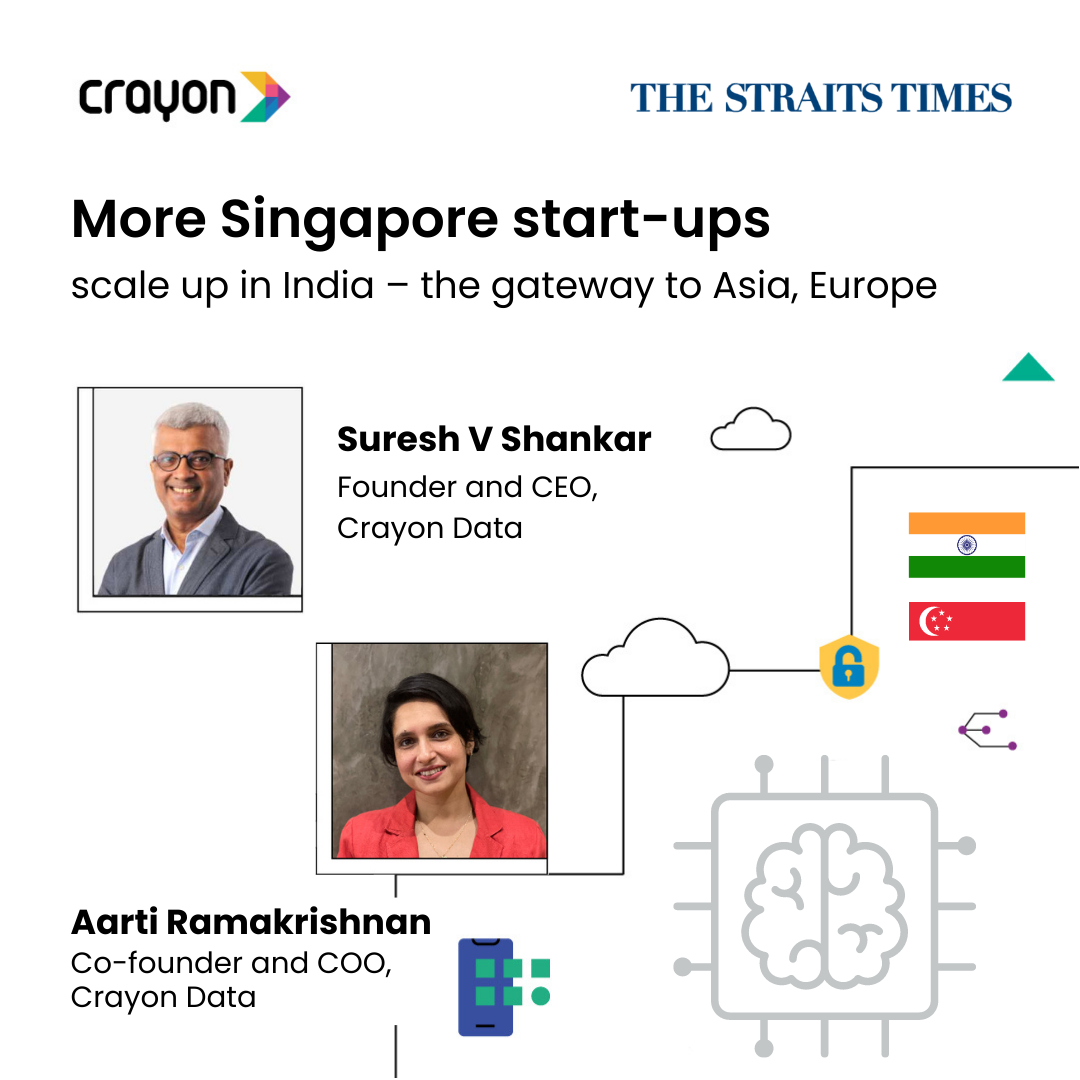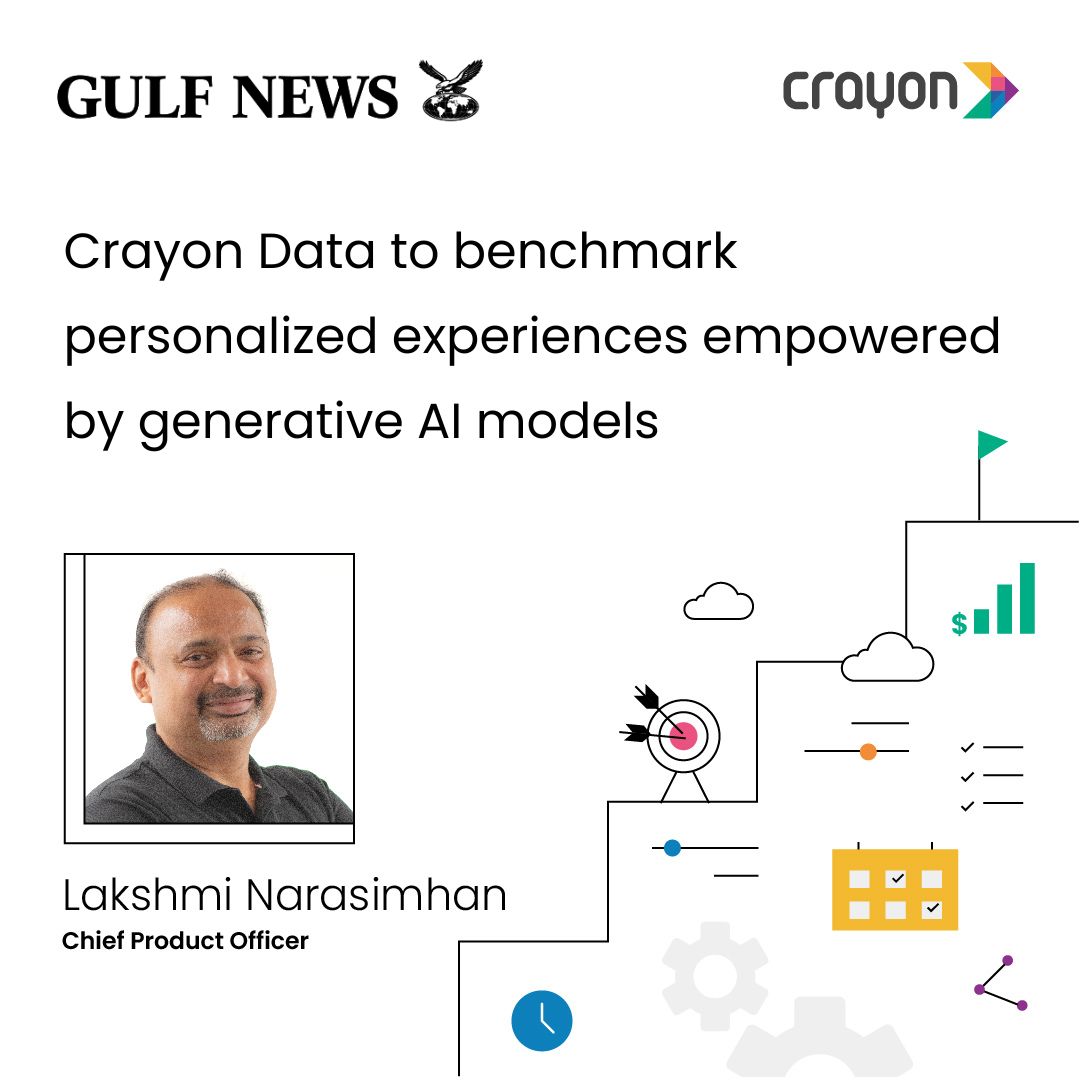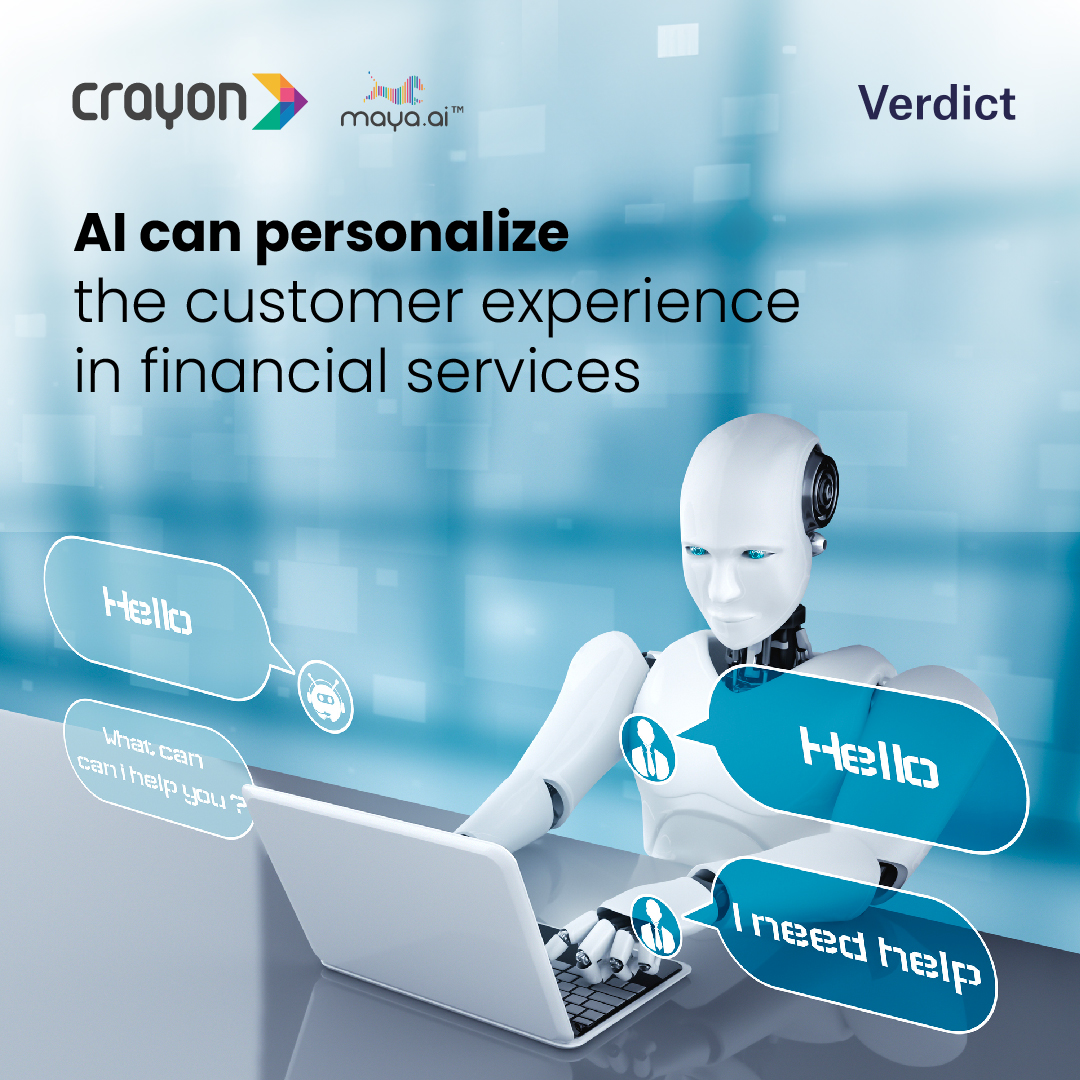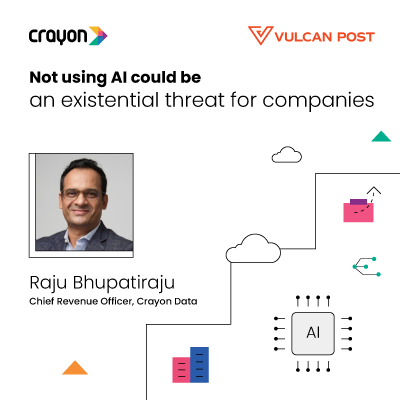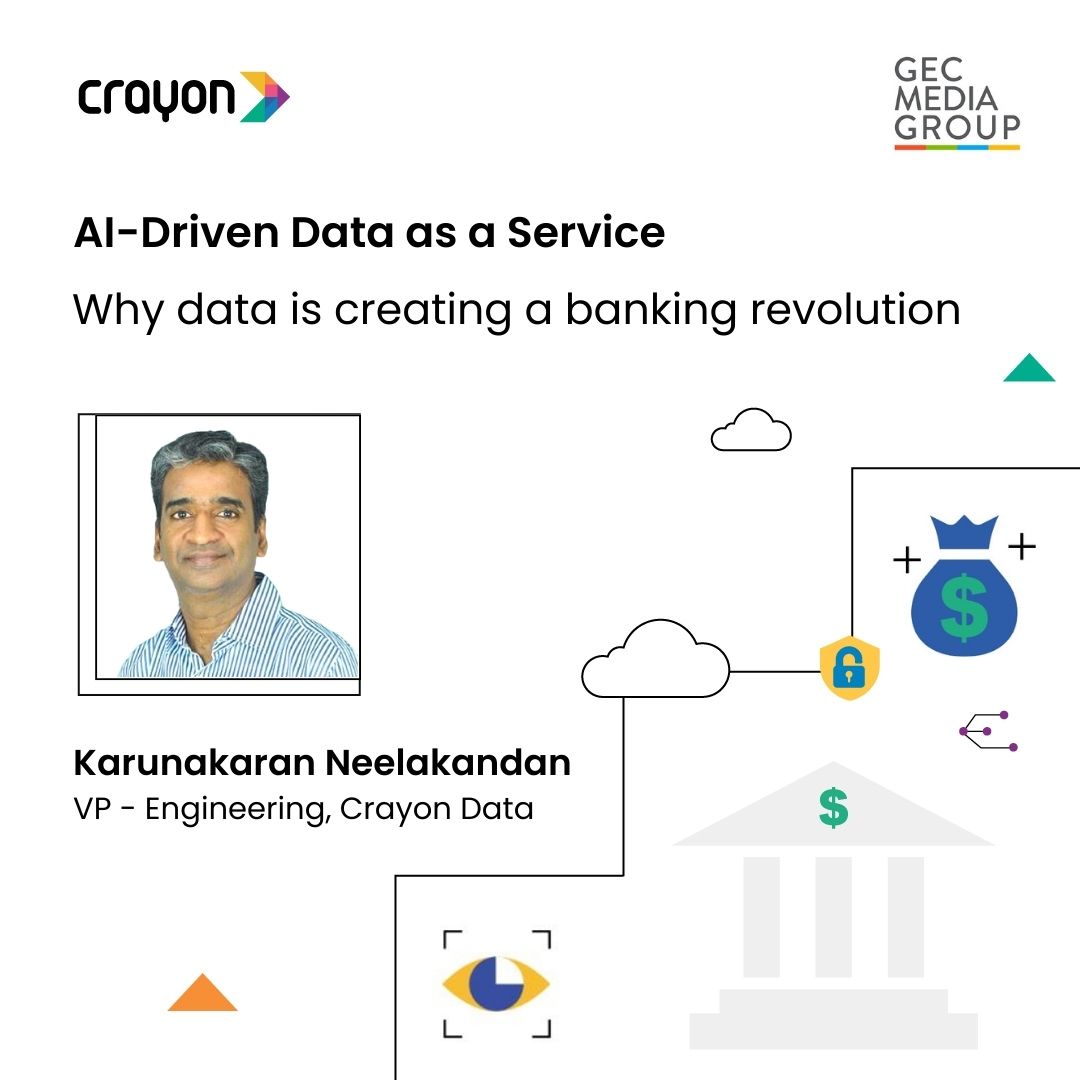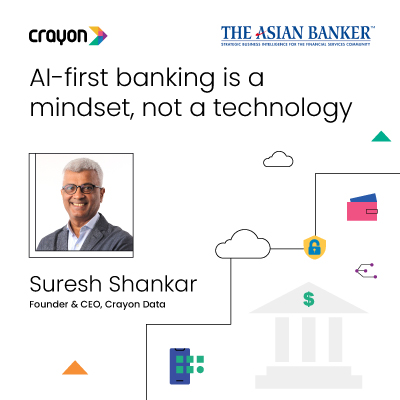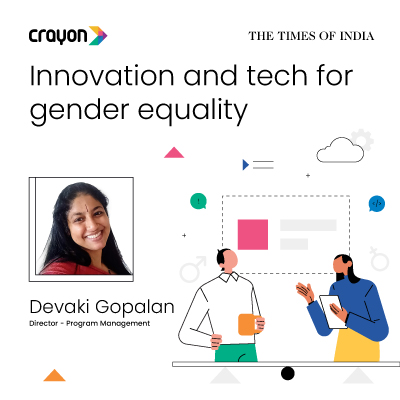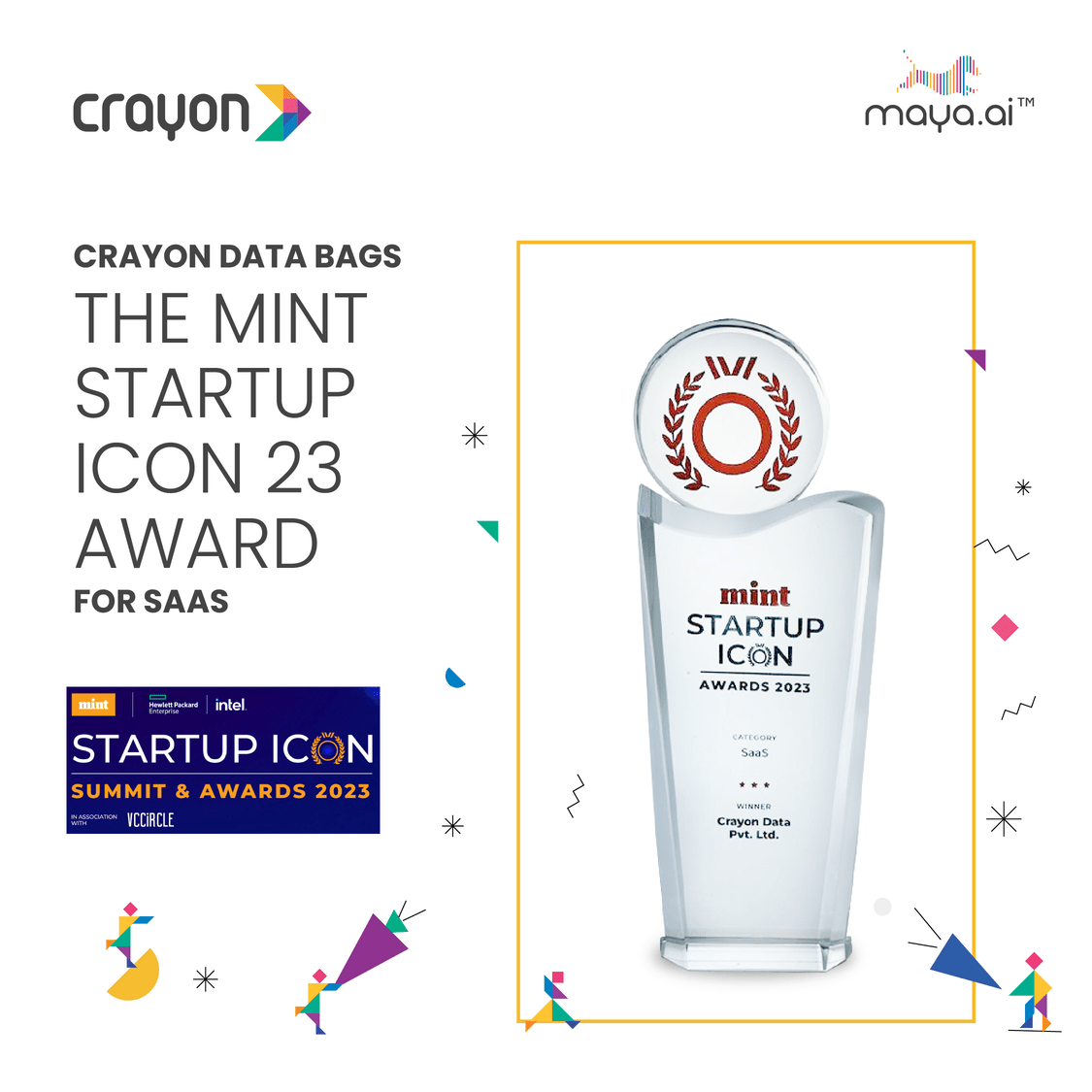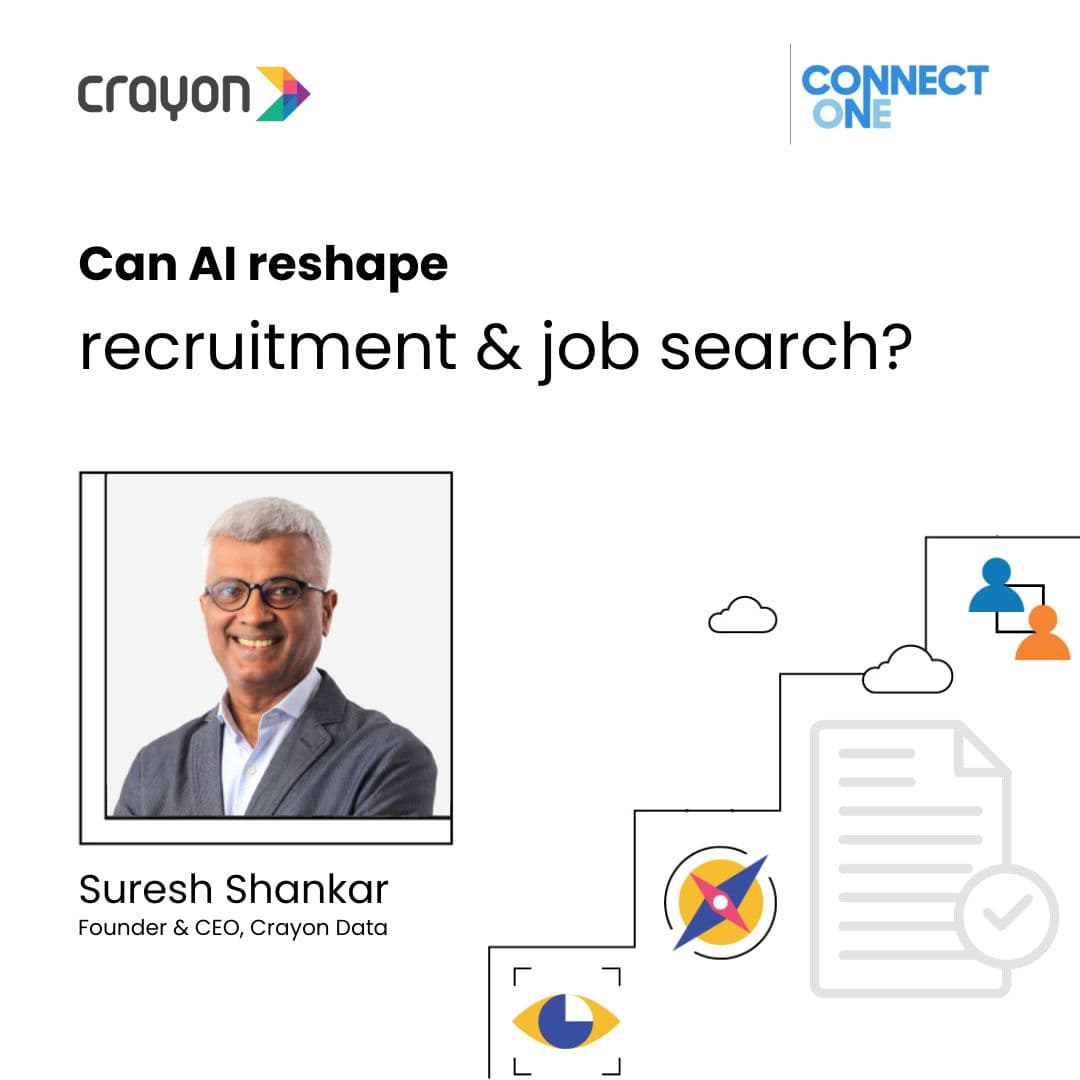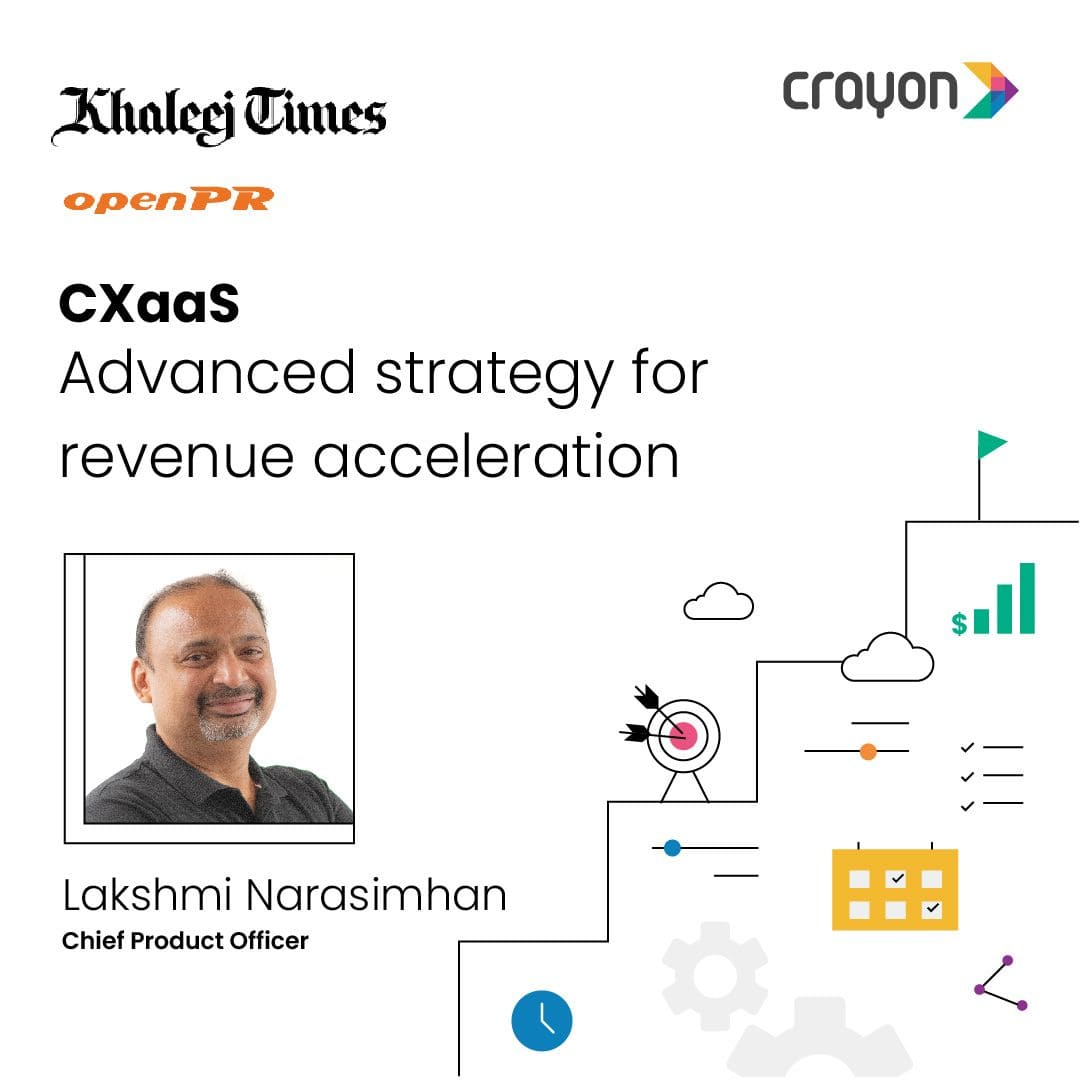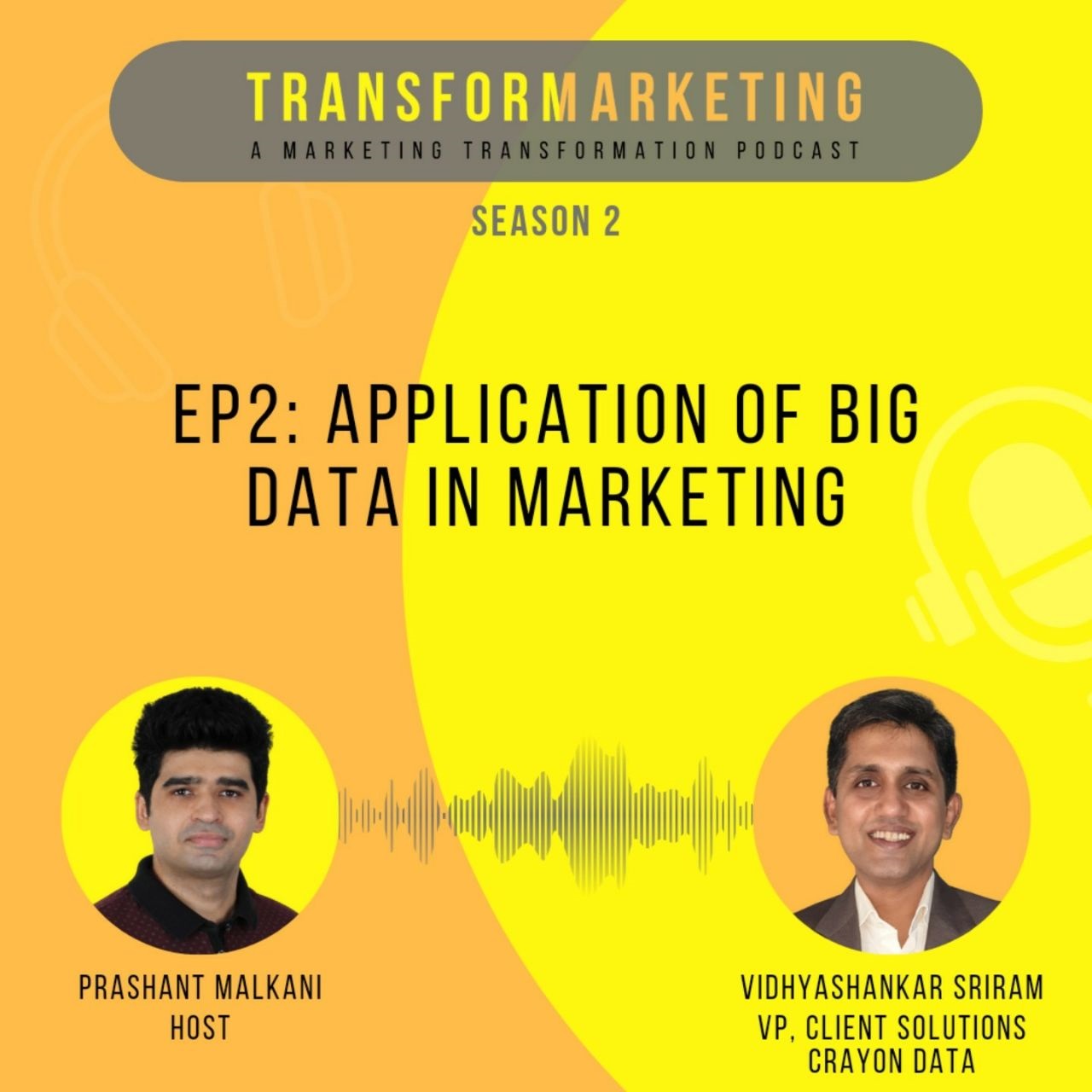With ever increasing volumes of data, companies have started stressing a lot on how to make sense accurately from this and hence the filed of Big Data has emerged. From retail to telco and pharma to digital marketing, data and analytics are becoming core to the business.
While the world has now woken up to (and how!) and is engulfed in this boom, Crayon Data founder and CEO, Suresh Shankar has been part of this space since early 2000, with his first startup RedPill Solutions Pte Ltd., when there was no real market to speak of. The struggle and finally a successful stint with RedPill led to it’s buy out by IBM in 2009. Suresh went on to head the Global Analytics Practice for IBM Global Process Services for the next two years.
In 2011, he finally gave in to the entrepreneurial urge once again which led to setting up of Crayon Data in July 2012.
Life has, in a way, come a full circle for Suresh, albeit with it’s own peculiar challenges this time round. We caught up with him to understand the big data space and its challenges in two completely diverse markets and the transition from one to another.
Then…
After completing his MBA from IIM Calcutta, Suresh worked largely in sales and marketing in companies including JWT, JWT Fulcrum and ABN Ambro. His job brought him to Singapore back in 1997. Three years later, in July 2000, Suresh had set up RedPill.
Speaking of his foray into this business, Suresh says, “We were 4 years too early in the business, [those years] were tough and product development was a huge challenge till almost 2004″.
Once the markets started opening, RedPill started gaining traction, which finally led to the buy-out by IBM and Suresh went on to spearhead the practice for them. Two years later, in 2011 Suresh decided to break away from corporate set up, and set up Crayon Data to explore a disruptive approach to big data.
Speaking of this decision, he says, “the opportunity is better and speed of work, change that you can bring about is faster in a startup. In any big organisation, getting past the discussions stage is tough. Innovation happens outside and even the big companies want it that way, and they prefer to just acquire the firms that are doing good work”.
Now, with Crayon Data
Founded in Singapore in 2012, with a development centre in Chennai, Crayon’s vision is symbolized by the 7 tangrams in basic colors in their logo with the idea to solve ‘the perplexing data problem in a minimalist, simple, visual way’.
The Big data space is evolving rapidly, with several players finding different solutions to the problem. Suresh says what sets them apart is their approach. “We are not giving our clients complicated charts and graphs and asking them to figure their way ahead. We help clients understand the potential by providing simplified solutions, and not just give them analytics. The possibility of outcome that we offer to the clients, in turn helps them serve their customers better”, he says.
This shift is what Suresh identifies as ‘a move from ‘the hindsight mentality’ to ‘the foresight mentality’. The startup is building the platform, on a subscription based model.
“We are only working with a few select clients right now, sort of live testing the platform”, says Suresh, who is amply familiar with both the big data space. Their current list of clients include PayPal, Google and GLS Design a UK based hospitality service provider.
For a young company, the team size of 60 (about 40 in India and the rest in Singapore) includes besides Suresh, Advisors and Investors who are founder/director of Acorn Marketing and Research, the largest Independent research network in Asia, a CTO Ivaturi Vijaya Kumar, (ex-CTO of Wipro Tech) among others.
The startup has already raised one round of investment and is currently in the process of closing round two.
Big Data Space and the two startups in different markets
Suresh identifies two major differences between his experiences:
“With RedPill, we were sort of earlier evangelist for analytics, trying to sell the idea and the product. Markets have changed now. Every company has a big data strategy, so selling has become a lot easier”, he says.
The other difference, is that the 13 years of experience that he brings with himself now, besides a better understanding of the space and the confidence of having sold one company to IBM.
The change in circumstances has also brought it’s own set of challenges. “While raising money is a lot easier now, finding the right people, who understand the space and our model is a huge challenge”, says Suresh. The other challenge he identifies is the pace at which they are growing. “Starting with a small group of people is ideal for a startup. It helps you build a culture of the organization, which is a startup’s only differentiating factor, which actually plays a huge part in the success, not hard-work and vision. That and luck.”, emphasis Suresh. Starting with a big team and growing so fast so soon can make the communication process complicated, according to Suresh.
Going forward
Suresh says while there are many players in the market today, the way most firms are collecting data is flawed. The volume, speed and variety of data available now is unique to this time and consequently, Crayon Data has made a conscious choice to switch to a machine based algorithm model, rather than a people heavy analytics team, which is both expensive and comparatively inaccurate. “Cost of talent is so high today, business can’t be people heavy”, he says.
The firm, only 8 months old (they started operations only in October 2012) is optimistic of the business. “The space is new and the potential so huge that most people who are in it currently will grow, the only thing to watch will be whether the growth of a firm is long term or short time”, concludes Suresh.
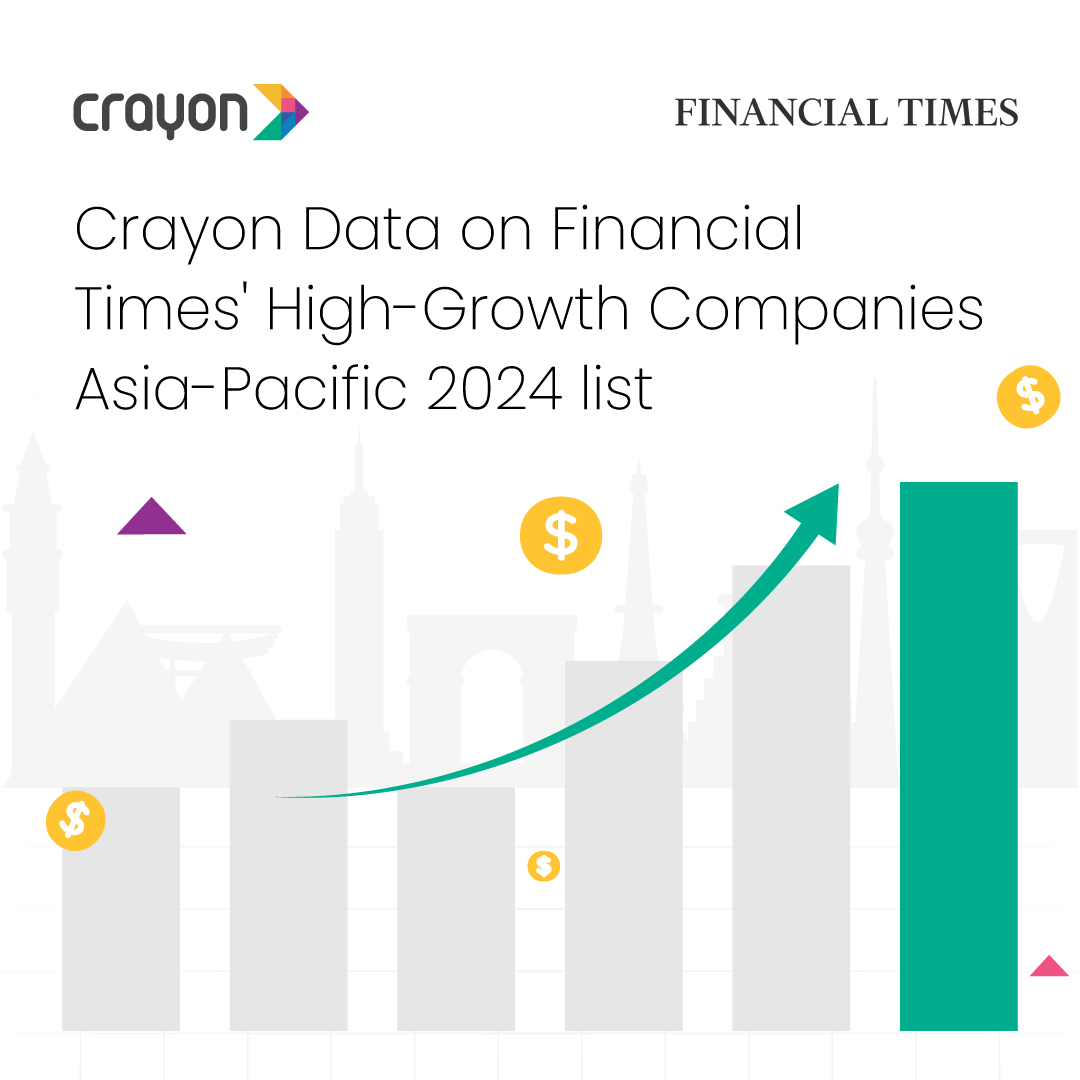
Crayon Data on Financial Times ‘ High-Growth Companies Asia-Pacific 2024 list
Date:...
